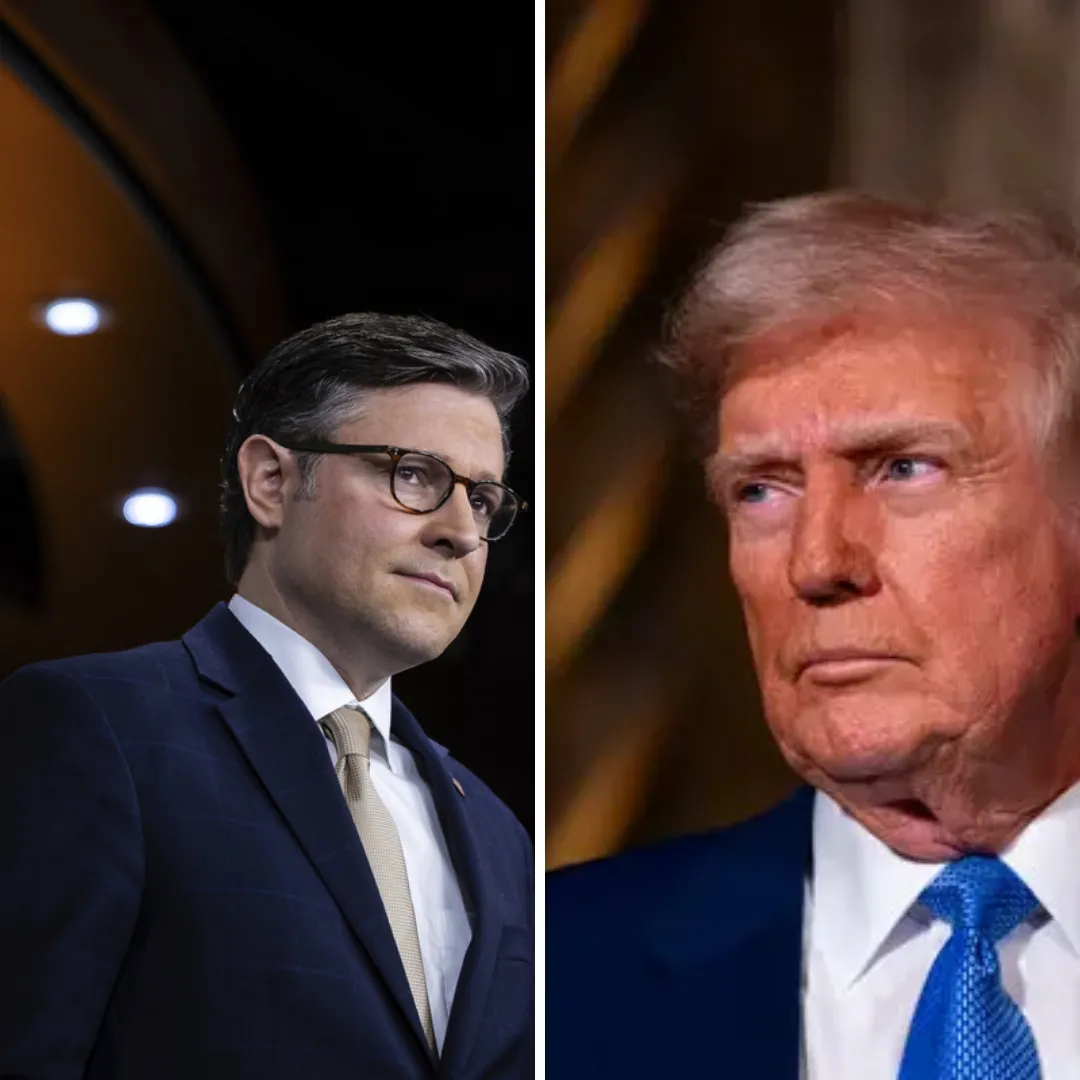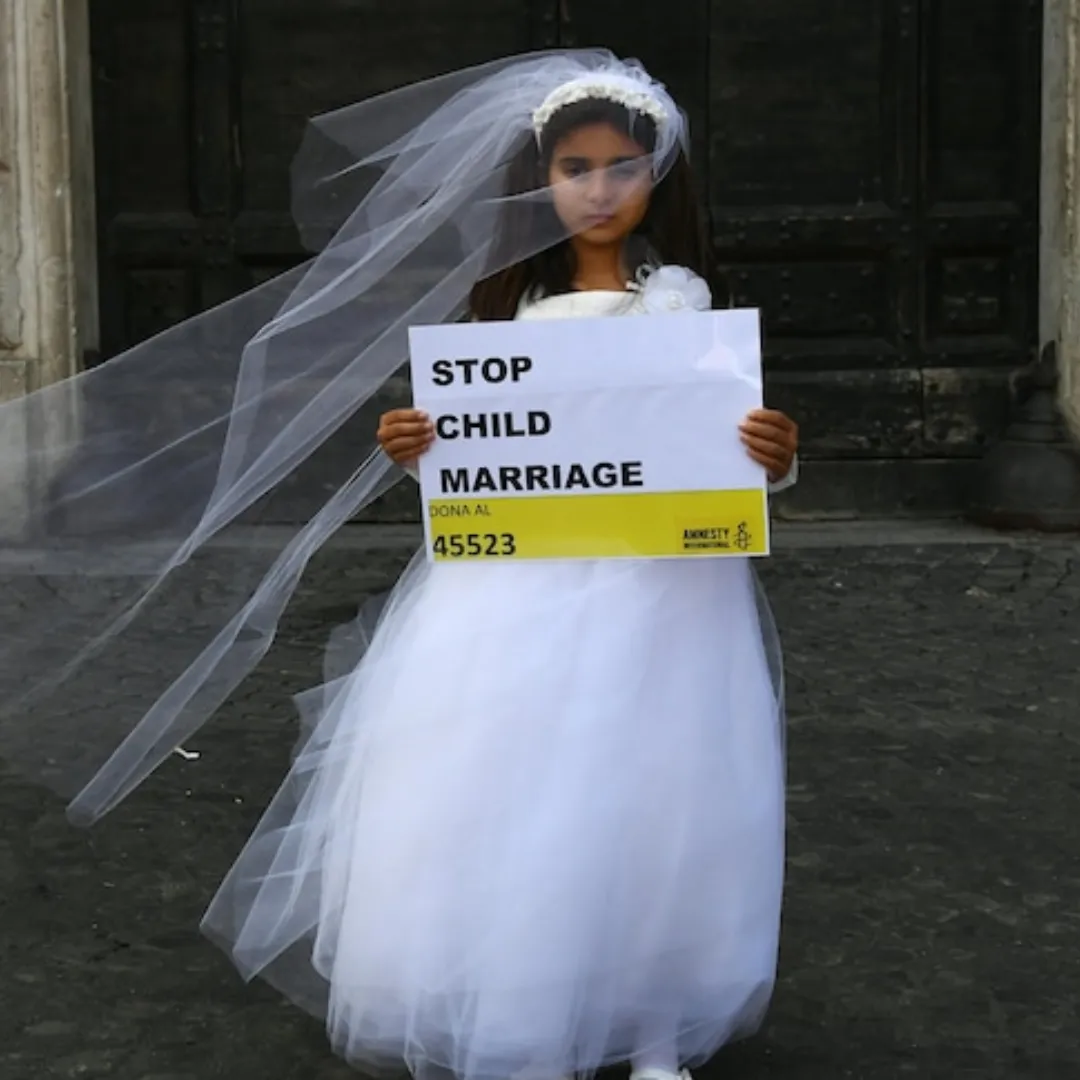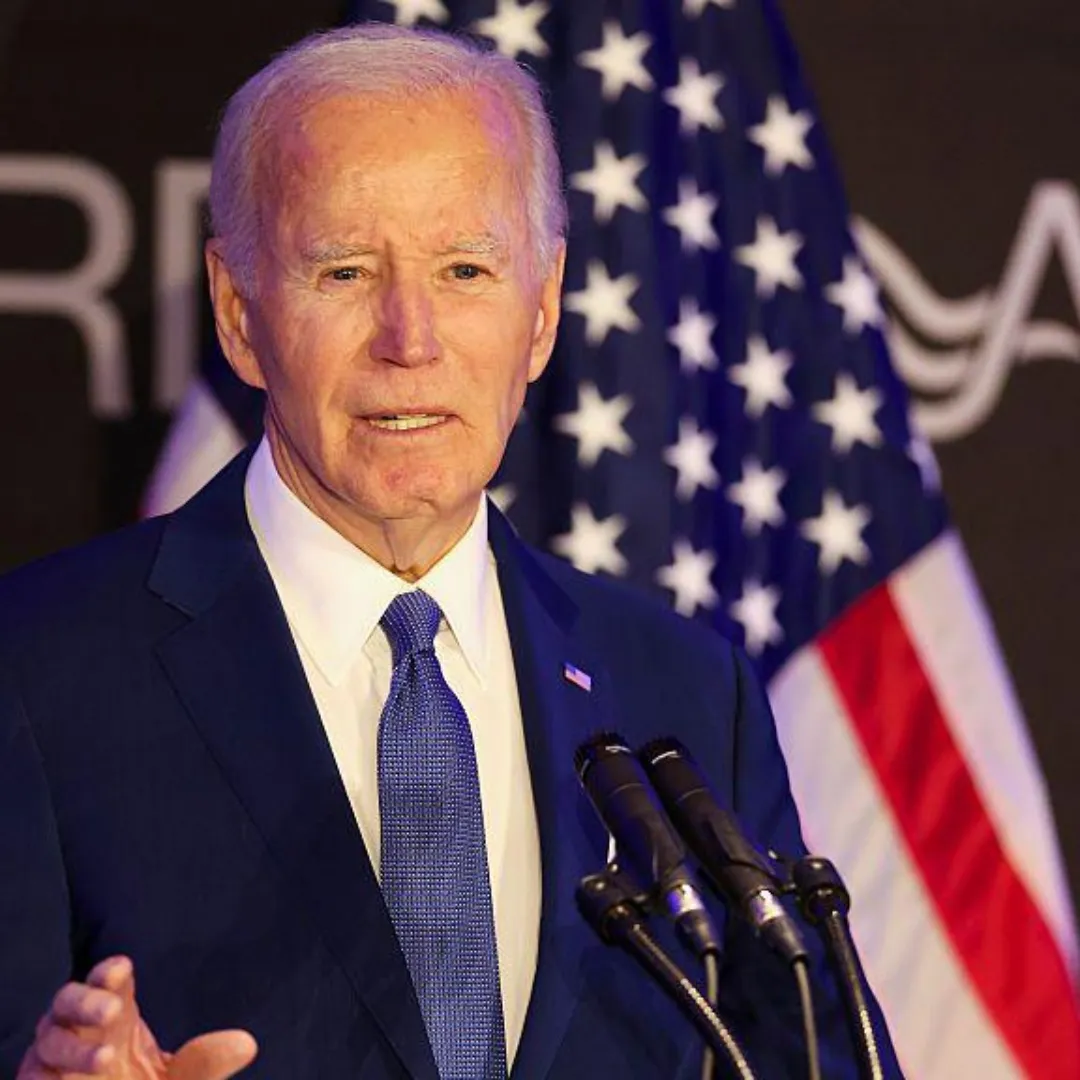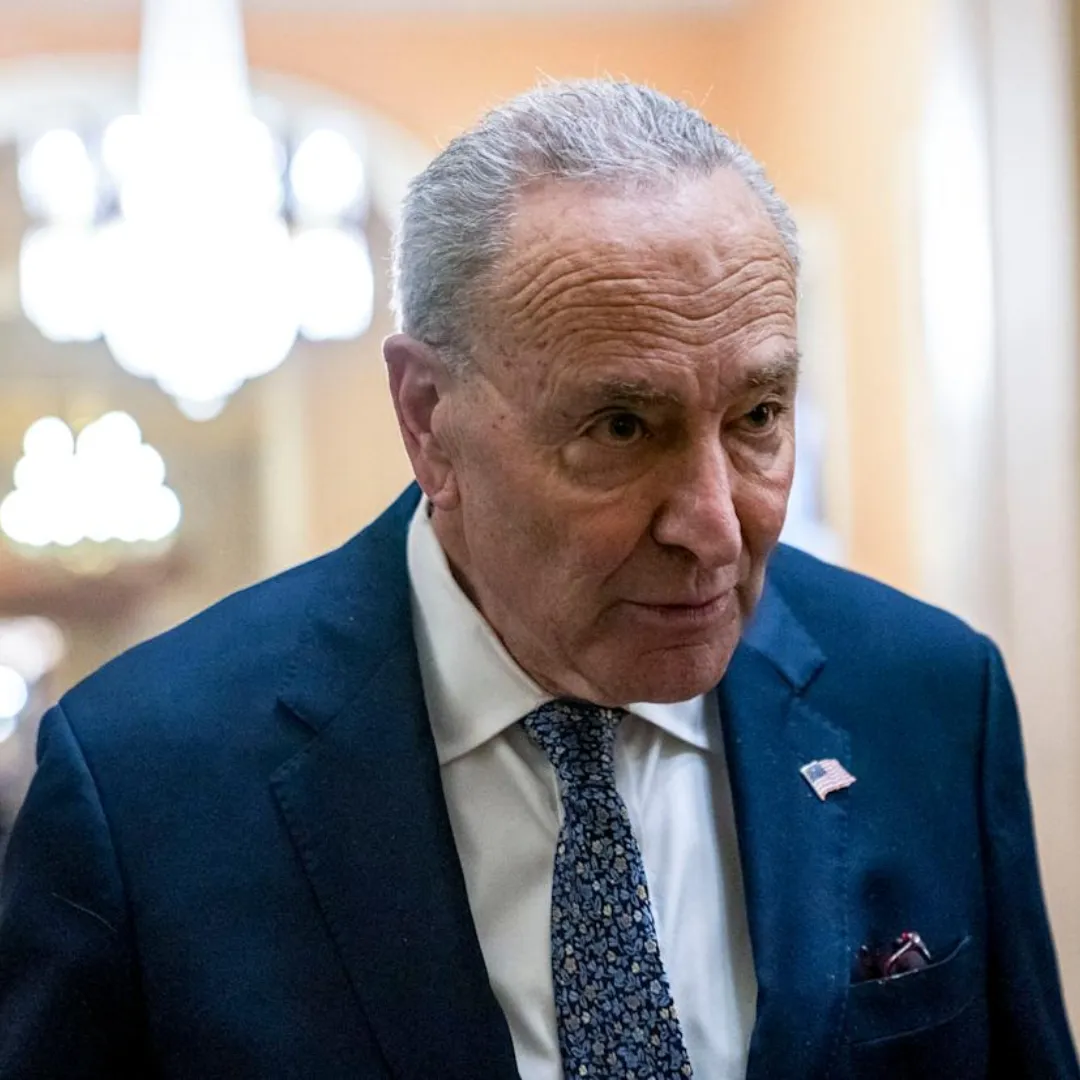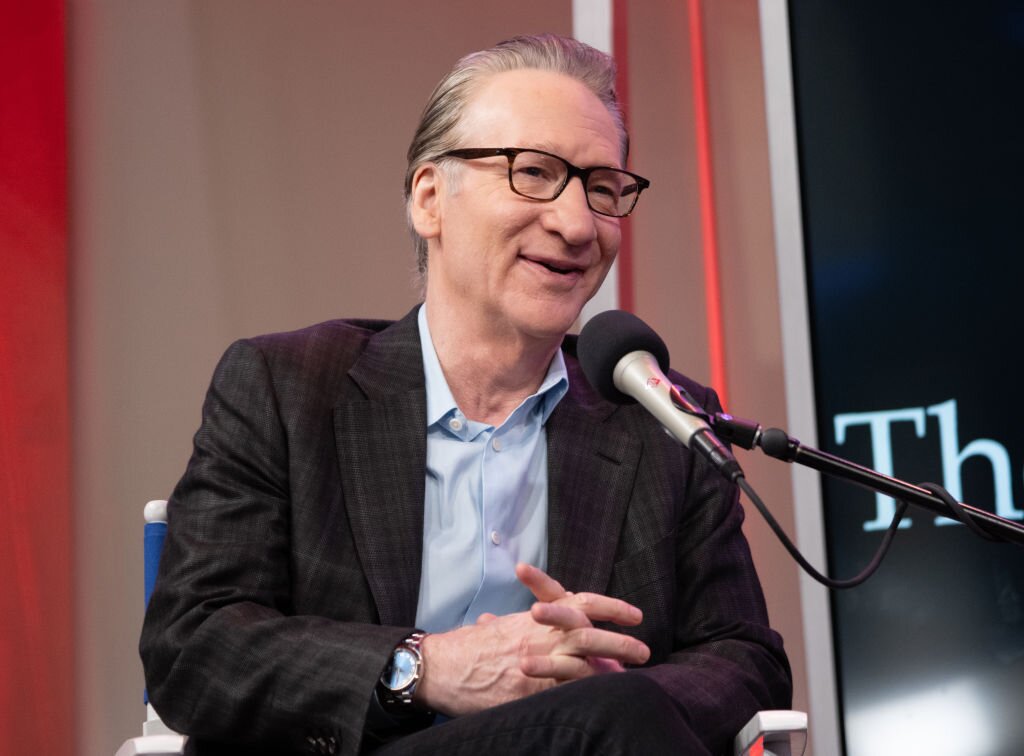
Bill Maher’s latest outburst on “Real Time” is not just another tired performance from a once-relevant voice in comedy and politics — it is a dangerous oversimplification of complex political discourse that paints an entire generation as unpatriotic, misguided, and morally bankrupt.
In a monologue that combined condescension with nationalist zeal, Maher took aim at young Democrats, accusing them of disliking their country, idolizing terrorist regimes, and turning their backs on Western civilization. What he framed as tough love for the Democratic Party quickly spiraled into a rambling diatribe that misrepresented polling data, minimized systemic injustices, and dangerously conflated dissent with extremism.
Using a recent poll that showed only 23 percent of Democrats under 30 say they’re proud to be American and that 54 percent say they’re embarrassed, Maher did not pause to consider why young people might feel alienated from the nation’s political system, economy, or justice structure.
Instead, he chose to mock them for lacking “perspective,” blaming their discomfort on immaturity and ignorance while ignoring the material and moral crises they’ve grown up with — from endless war to climate catastrophe to mass incarceration.
Maher proclaimed that “Democrats should reclaim the flag,” a statement that might carry some merit if it weren’t used as a lead-in to a simplistic critique that dismissed real grievances. He asserted that America is leagues ahead of the rest of the world on progressive values and civil liberties, but failed to address the nation’s ongoing failures in healthcare, housing, education, gun violence, racial justice, and labor rights.
He praised America’s modernized culture and a Congress he called “the most racially and ethnically diverse ever,” only to turn that praise into a cynical punchline, calling Congress “a beautiful useless rainbow.”
That line revealed the hollowness of Maher’s argument — a shallow appreciation for diversity that ultimately denies the structural changes necessary to give that diversity power and meaning. It was a comment dripping in irony and contempt, as if inclusion were a cosmetic feature rather than a path to equity.
Maher’s rhetoric thrives on this paradox: he wants to appear progressive without endorsing progress, to seem worldly while retreating into nationalist platitudes.

His monologue veered into even more troubling territory when he accused young progressives of romanticizing terrorist cultures and “thinking Hamas is a liberation movement.” With no evidence beyond vague allusions to campus protests, Maher leapt to a damning generalization that equated criticism of Israel, U.S. foreign policy, or militarism with support for Islamic extremism.
This rhetorical move is not new — it echoes decades of bad-faith arguments designed to shut down antiwar voices and paint dissent as disloyalty. But Maher’s willingness to say that “the young are with the terrorists” is particularly egregious.
It erases nuance, delegitimizes global justice movements, and fuels Islamophobic tropes that equate Muslim identity with violence. Maher even suggested that young liberals “actually think Hamas is great,” as if the complex political sympathies of a generation can be reduced to cartoon villainy.
In doing so, he aligned himself not with thoughtful critique but with the reactionary reflex to silence those who challenge American hegemony or demand accountability for U.S.-backed regimes.
Maher’s claims about antisemitism running rampant on college campuses were presented without data, without context, and without regard for the very real tensions surrounding freedom of speech, student activism, and academic freedom.
By flattening these issues into a battle between good America and evil sympathizers of terror, Maher does a disservice to Jewish students, Palestinian advocates, and everyone trying to navigate the painful reality of Middle East politics with care and compassion.
His version of the story imagines a youth movement motivated by hatred rather than hope, and his only solution is indoctrination. “Democrats need to tell young people to be thankful they are American,” he said, as though gratitude should be weaponized to suppress criticism.
Maher’s America is one where free speech is acceptable only when it flatters power, where diversity is praised only when it’s silent, and where the only valid political positions are those handed down by aging centrists on cable television.
The central irony of Maher’s rant is that it betrays the very liberal ideals he once claimed to champion. A true liberal understands that democracy thrives when people challenge injustice, question authority, and expand the moral circle beyond national borders.
A real progressive doesn’t mock the young for pushing against inherited systems of power; they listen to those concerns and ask how the system might be failing. Maher, however, has turned generational tension into a stage prop. He cast himself as a defender of civilization against the alleged decay of youthful idealism, but in doing so, he revealed a profound lack of curiosity, empathy, or imagination.
His call for Democrats to push back against “dumb ideas from their children” was less a plea for moral clarity than a demand for conformity — a rejection of change masquerading as wisdom.
What Maher refuses to accept is that young Americans aren’t turning away from their country out of ignorance or entitlement. They are doing so because they have lived through crisis after crisis — financial collapse, endless war, student debt, housing insecurity, and ecological disaster — and they see a political establishment that offers slogans instead of solutions.
They are wary of performative patriotism that papers over systemic failure, and they are no longer willing to accept empty declarations of greatness in place of structural justice. They are not seeking to destroy America, but to rebuild it into something more honest, more just, and more sustainable. That Maher finds this threatening is a reflection not of their extremism, but of his irrelevance.
In the end, Maher’s performance was not about saving the Democratic Party or defending Western values. It was about venting his frustration at a generation he no longer understands and fears he can no longer influence. Rather than engage with their concerns, he caricatures them. Rather than listen, he lectures.

And in doing so, he forfeits any claim to being a voice of sanity or liberalism. If Maher truly cared about the future of democracy, he would uplift youth activism instead of denigrating it, challenge America to live up to its ideals instead of demanding blind allegiance, and recognize that patriotism is not measured by how loudly one praises their country, but by how bravely one dares to improve it.

